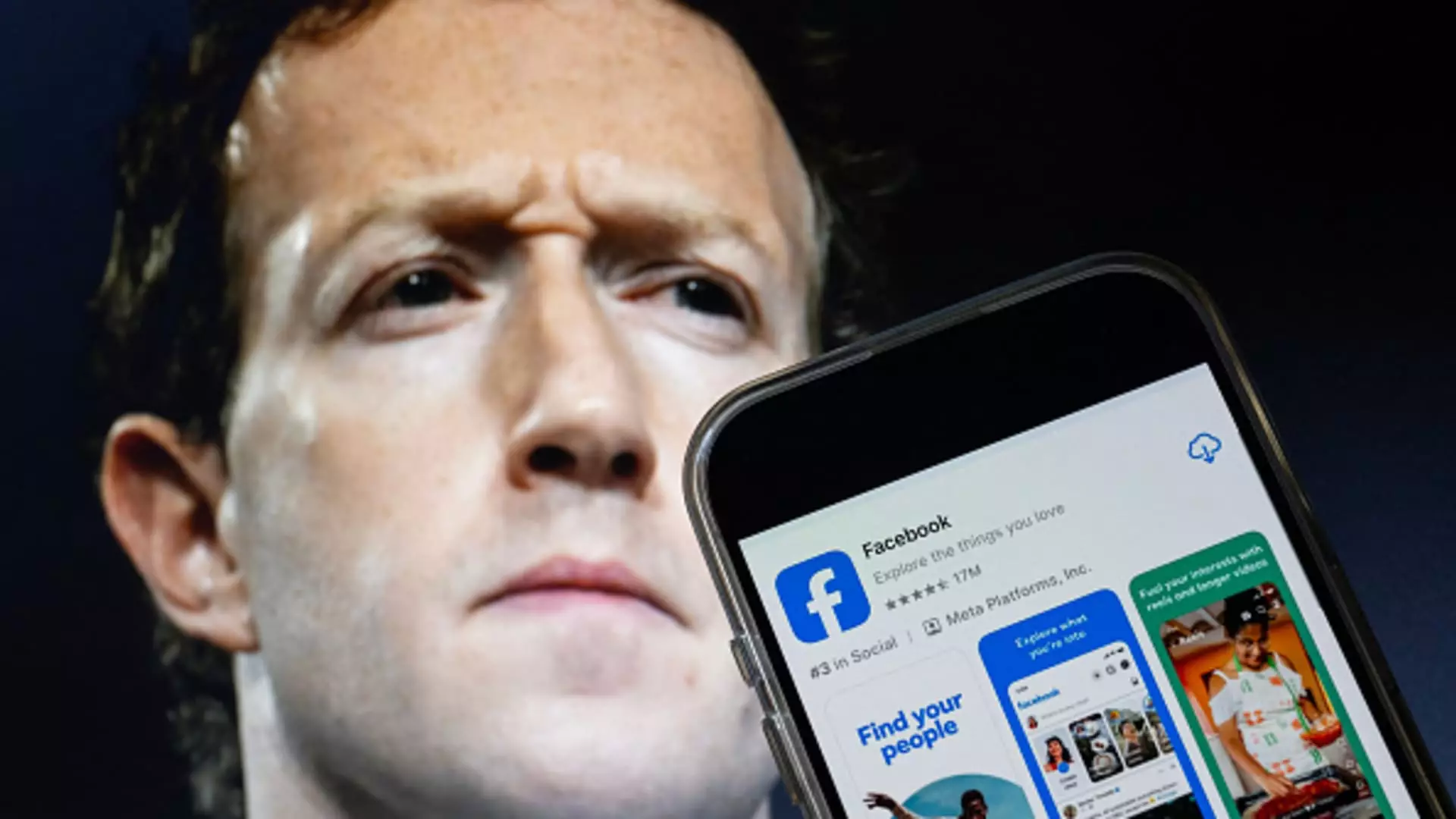As Meta prepares to face the U.S. Federal Trade Commission (FTC) in a potentially landmark antitrust trial, we are reminded of the delicate balance between innovation and monopoly. This trial, set against a backdrop of intense debate and scrutiny, could set a comprehensive precedent for American social media companies. On the surface, it may seem like just another legal skirmish, but underneath lies the potential disenfranchisement of monumental platforms like Instagram and WhatsApp—the very tools that have reshaped communication for billions. If you are using Facebook, Instagram, or WhatsApp without considering how their integration into Meta could impact your daily interactions, now’s the time to think critically.
The Acquisitions Under Fire
At the crux of the FTC’s case is the assertion that Meta’s acquisitions of Instagram for $1 billion in 2012 and WhatsApp for $19 billion in 2014 were not just strategic investments but rather calculated moves to eliminate competition. The FTC claims that these acquisitions compromised the overall health of the social media landscape, stifling innovation and limiting consumer choice. This perspective has merit; after all, how many alternatives have truly surfaced in the wake of these acquisitions? Platforms like Snapchat and TikTok have emerged, but they often inhabit niches rather than compete directly on the same playing field as Facebook and Instagram.
In response, Meta asserts that these acquisitions were not taken to quash competition but to enhance the consumer experience with complementary services. The counter-argument fails to recognize a critical aspect: the longer Meta maintains its grip over its acquisitions, the less incentive there is for innovation among competitors. In the quest for a balanced marketplace, allowing even organic competition can yield benefits for all, including users.
The Implications for Antitrust Laws
Legal experts indicate that this trial will illuminate the murky waters surrounding U.S. antitrust laws as they pertain to digital markets. The FTC faces an uphill battle to prove that Meta’s actions have actively harmed competition; this could involve deep dives into consumer behavior, market definitions, and repercussions of monopolistic practices. In cases of this magnitude, even a nuanced understanding of market dynamics can skew the outcome.
The definition of what constitutes a monopolistic market will come under scrutiny—a particularly subjective measurement. The fact that Meta operates in an environment with formidable players like TikTok and YouTube complicates the FTC’s case. Their argument rests not solely on the figures that show Meta’s prominence but also hinges on whether or not their acquisitions have stunted competition. But who’s truly to say what “stunted” means in a rapidly changing tech landscape?
The Pressure of Political Winds
Adding another layer of complexity to the trial is its political backdrop. The FTC has seen leadership changes that may influence its antitrust pursuit against Meta. Under former Chair Lina Khan, the agency established itself as a formidable adversary of big tech; however, new leadership under Andrew Ferguson introduces uncertainty about the vigor of ongoing investigations. In an era where tech executives cultivate relationships across the political spectrum, Zuckerberg’s cozy posture toward the Trump administration raises questions about impartiality and fairness.
While the previous administration viewed regulations somewhat more leniently, it’s essential to remain vigilant; the agency’s decisions could very well reflect broader political ideologies. Ferguson’s assurances that he aims to uphold antitrust laws in a nonpartisan fashion should be welcomed, but skepticism remains. As he takes the helm, can we anticipate a dispassionate analysis, or are we witnessing yet another round of political maneuvering?
Consumer Impact and the Social Dynamics
At the heart of the trial is not merely Meta’s corporate machinations but the everyday lives of millions who rely on the company’s offerings for their personal communications. The ultimate outcome could realign the way we interact with social media, affecting everything from user privacy to monetization structures. If Meta loses and its platforms are split, how would users adapt? Would this create a more competitive marketplace, or just fractalize consumer behavior into silos, further complicating our digital lives?
The ripple effects extend beyond corporate substitutes; they reach societal norms. Social media has become embedded in our fabric, shaping how information is shared, relationships are formed, and engagement occurs. The trial isn’t just about balance sheets and corporate power; it encapsulates a larger shift in how we understand social interaction online.
As the battle between innovation and regulation unfolds, the trial promises to alter the kaleidoscopic landscape of social media as we know it, leaving us to ponder: Are we witnessing a necessary reckoning or overreach?

